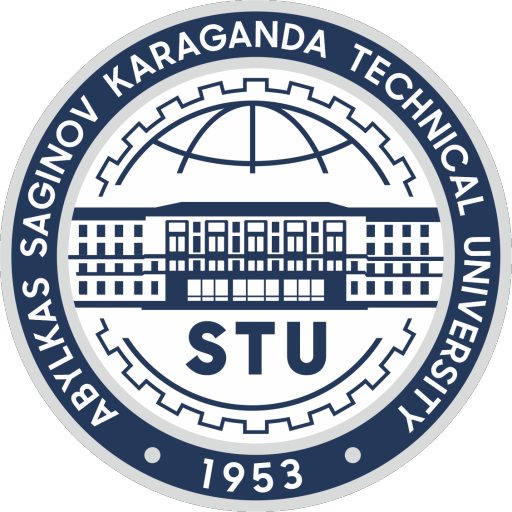International cooperation of the Faculty of Energy, Automation and telecommunications!
The Department of APP together with the departments of automation of the MPEI, Baltic, Omsk State, Sevastopol National Technical Universities participates in a unique international scientific and educational project “Synergy” under the auspices of the concern “Festo” (Austria, Germany), including double-degree education. President of the Vienna University of Technology B. Katalinich, Director of the Institute “MEI – Festo”, twice Hero of the Soviet Union, pilot-cosmonaut of the USSR, Professor A.S.Eliseev recommended a target grant of 55,000 euros for the development of modern, unparalleled, integrated technologies of distance education in electrical engineering specialties at KarSTU. The agreement was signed in Vienna at the 20th DAAM World Symposium by the Rector of KarSTU, Academician of the National Academy of Sciences of Kazakhstan A.M. Gazaliyev, who was awarded a gold medal for achievements in education.
The faculty implements a program of “double-degree education”, undergraduates have the opportunity to receive two diplomas at once: a card and a leading university in Russia. At the same time, they study in Karaganda for one year, and in a Russian university for one year. This program is implemented jointly with the Moscow Energy Institute and Tomsk National Research University. In 2011. together with the MEI, the first issue of this program was held.
The Department of Physics is registered as a foreign member of the Association of Physics Departments of Technical Universities of Russia.
The scientific cooperation of the TSS department with the St. Petersburg NGO CCTI and the NGO “St. Petersburg Electrotechnical Company” is successfully developing.
The goals of the establishment of the SCO University are defined within the framework of the SCO by multilateral normative legal acts adopted by the SCO member states and consist in strengthening mutual trust and good-neighborly relations between the SCO member states; developing integration processes in the field of education, science and technology; giving a new impetus to the expansion of multilateral educational, scientific and cultural cooperation; expanding opportunities for young people to receive high–quality modern education, and for teachers and scientists to develop scientific contacts; promoting effective cooperation of the Organization’s member countries in the political, trade, economic, scientific, technical and cultural fields.
